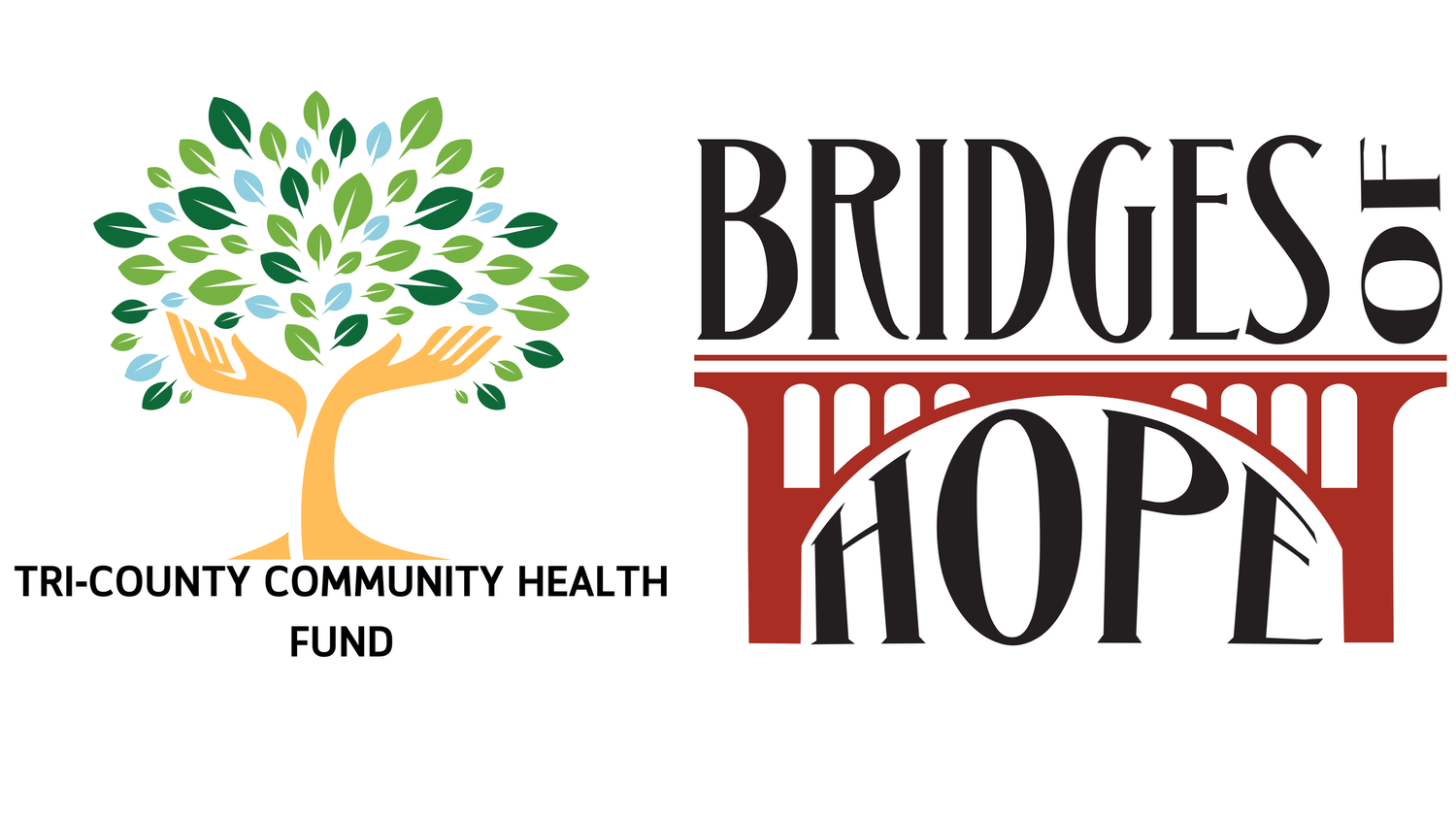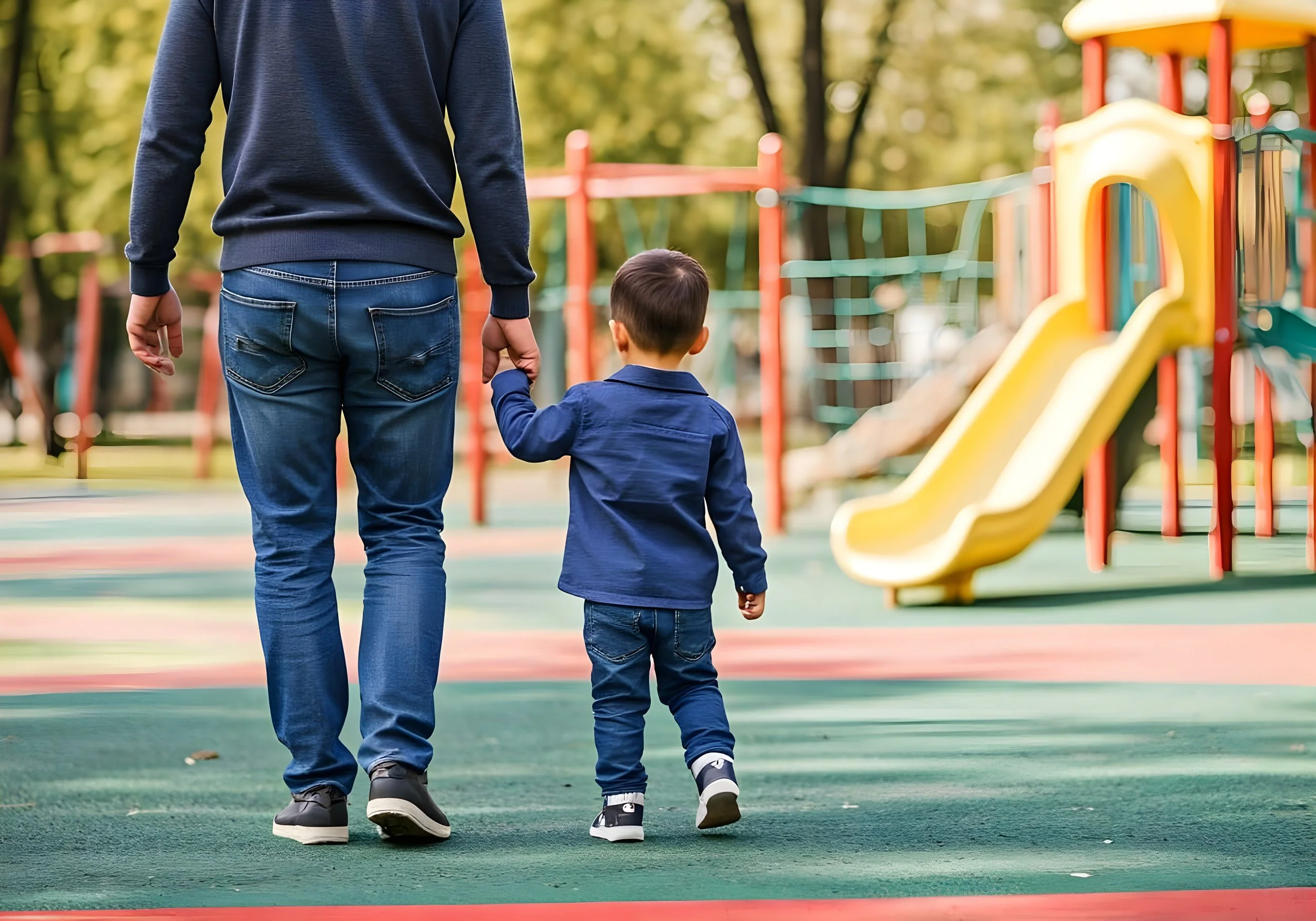Our Model
Our Recovery Model
Phase-based programming structure
Social Model of Recovery principles
Peer support and accountability
Recovery-oriented community living
Faith-based recovery support options
Integration of evidence-based practices
Daily Structure & Support
Morning meditation/devotionals
House meetings and check-ins
Recovery group participation
Life skills development
Structured daily schedules
Accountability systems
Peer mentoring opportunities
Clinical Partnerships & Treatment Support
Coordination with mental health providers
Collaboration with local justice systems, such as Drug Court and the
Washington State Department of Corrections
Connections to substance use disorder treatment programs
Support for Medication-Assisted Treatment (MAT)
Access to co-occurring disorder treatment services
Healthcare navigation and advocacy
Regular recovery progress check-ins
Life Skills Development
Financial literacy training
Employment readiness
Communication skills
Conflict resolution
Time management
Personal hygiene and self-care
Household management
Healthy relationships
Recovery Support Services
Individual recovery planning
Relapse prevention education
Trauma-informed support
Mental health education
Peer recovery coaching
Recovery meeting attendance
Alumni support network
Housing & Environment
Safe, structured living environment
Shared living spaces that build community
Drug and alcohol-free setting
Regular house meetings
Chore responsibilities
Community meals
House leadership opportunities
Family Reconnection
Family education programs
Supervised visitation support
Communication skills building
Family reconciliation assistance
Healthy boundaries education
Parenting skills development
Employment & Education
Job search assistance
Resume building
Interview preparation
Educational goal setting
Vocational training connections
Computer literacy training
GED preparation support





